|
|
|
|
Nau mai haere mai – welcome to this week’s newsletter.
Chances are this finds you counting down the days and hours until the work year finishes and the great New Zealand switch-off begins. It’s been quite a year, I’m sure we can all agree on that, with little time to take stock and make sense of a lot of it.
Luckily, Al Gillespie from the University of Waikato has been keeping score, and his 2021 report card helps put the year’s events in some context and perspective. As the headline says, it’s a tale of two countries – some enviable international rankings, some less than marvellous trends at home.
If anything stands out, it’s the triple threat of COVID, climate and inequality – all of which feature as topics elsewhere in this newsletter. In particular, make sure you read Max Rashbrooke on the 300,000 New Zealanders who owe more than they own, and what they tell us about the urgency of addressing our ominous wealth gap.
We’ll have one more newsletter for the year next week. Until then, take care and thanks for reading, mā te wā.
|

|
Finlay Macdonald
New Zealand Senior Editor & NZ Editor: Politics, Business + Arts
|
|
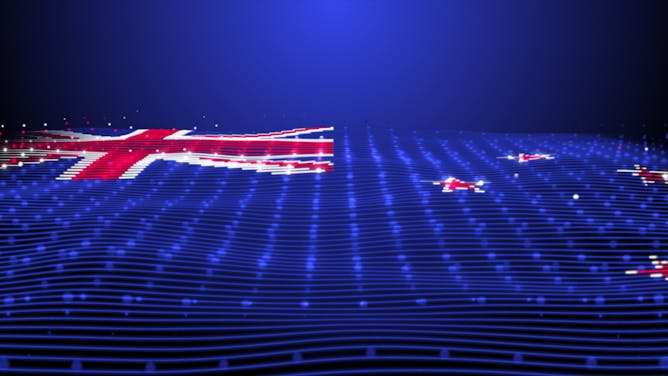
Alexander Gillespie, University of Waikato
As the year ends, New Zealand has done well in important global measures of success. But closer to home, the numbers often told a different story.
|
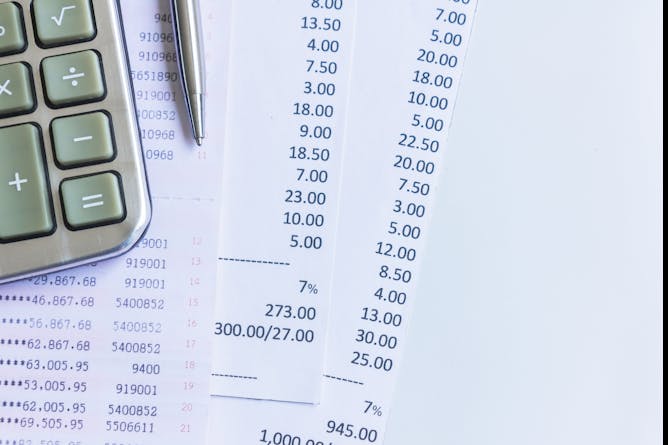
Max Rashbrooke, Te Herenga Waka — Victoria University of Wellington
The number of New Zealanders with ‘negative net wealth’ is large and growing – reflecting widening economic inequality that remains an urgent political priority.
|

Lena Waizenegger, Auckland University of Technology; Angsana Techatassanasoontorn, Auckland University of Technology
New research puts the spotlight on how customers deal with chatbots and suggests ways to improve these sometimes frustrating experiences.
|
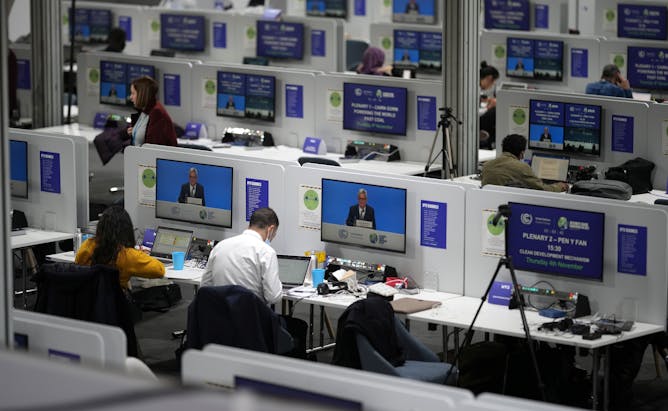
Áine Kelly-Costello, University of Gothenburg
Specialist reporters are important, but climate coverage can no longer be left to them. Here’s what New Zealand journalists say about why climate should be part of every newsroom and every beat.
|
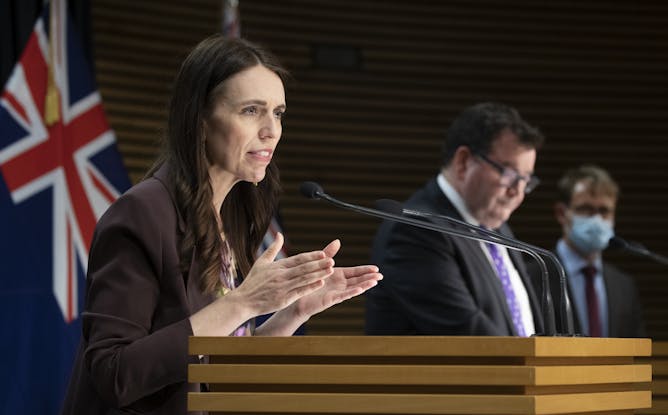
Alexander Gillespie, University of Waikato; Claire Breen, University of Waikato
A royal commission of inquiry would take the politics out of assessing New Zealand’s pandemic response – and help safeguard future generations.
|
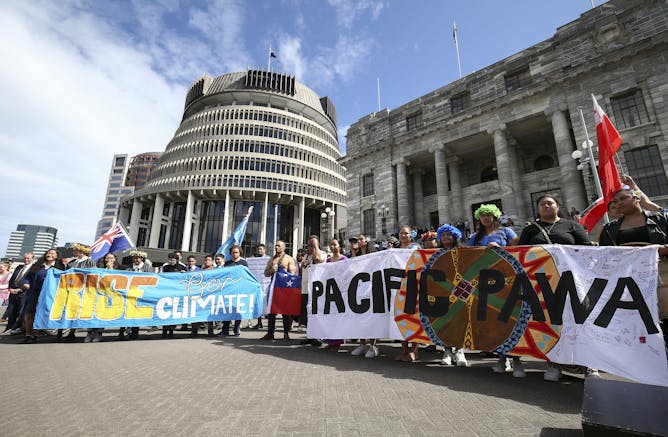
Nathan Cooper, University of Waikato
In several countries, court rulings have forced governments to make stronger cuts to emissions. But New Zealand courts have so far stayed clear of imposing legal steps, calling for regulation instead.
|
From our international editions
|
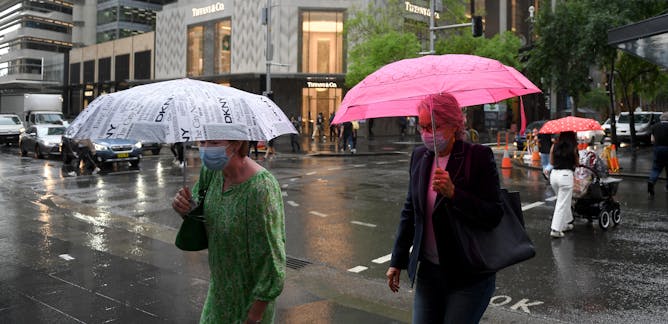
Andréa S. Taschetto, UNSW; Agus Santoso, UNSW
After one La Niña, the Pacific sometimes retains cool water which enables a second La Niña to form.
| |
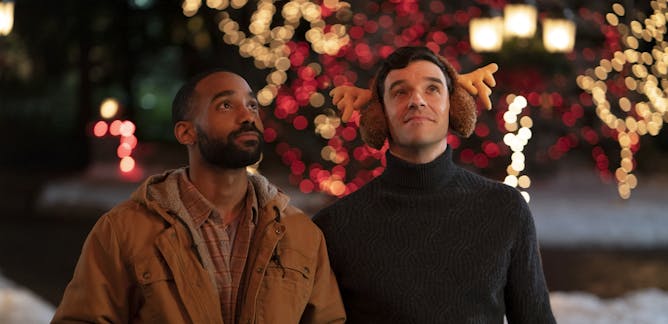
Jodi McAlister, Deakin University
Festive romance, miracles and a happy ever after: the tropes of Christmas rom-com films (and why we love them).
|
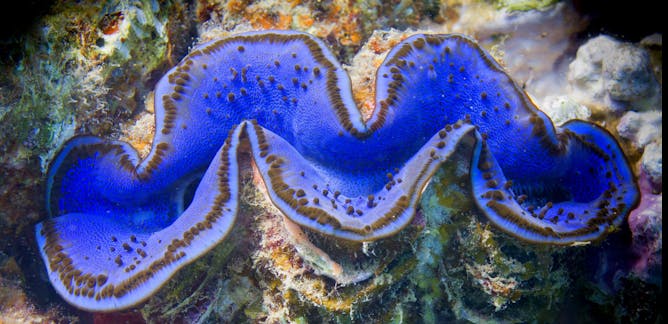
Sue-Ann Watson, James Cook University; Mei Lin Neo, National University of Singapore
The old ways of keeping giant clam species healthy won’t work with climate change. We need new techniques - and fast.
| |
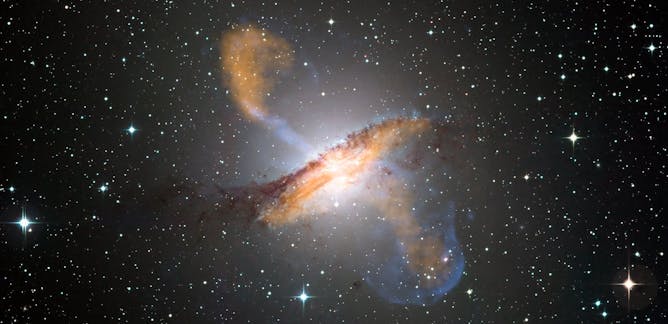
Jessica Thorne, The University of Western Australia; Sabine Bellstedt, The University of Western Australia
Despite the name, some black holes effectively “shine” as they suck up nearby material with such force that it begins to glow. New research reveals a new method for detecting these active black holes.
|
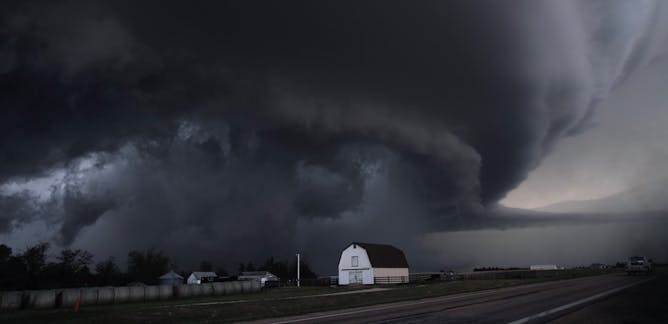
John Allen, Central Michigan University
Climate models can’t see tornadoes yet, but they can recognize the conditions for tornadoes to form. An atmospheric scientist explains what that means for forecasting future risks.
| |
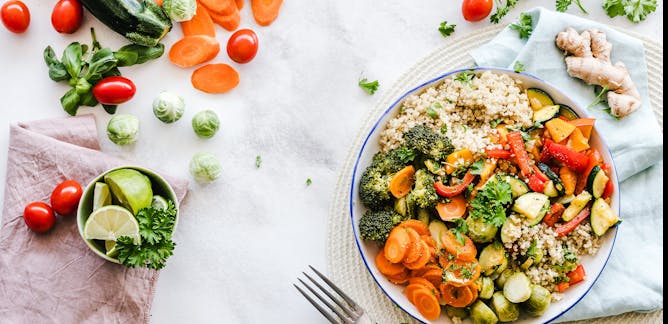
Beth Parkin, University of Westminster
Menus that are three-quarters vegetarian help meat eaters choose more climate-friendly options, a tactic that restaurants could use to help fight climate change.
|
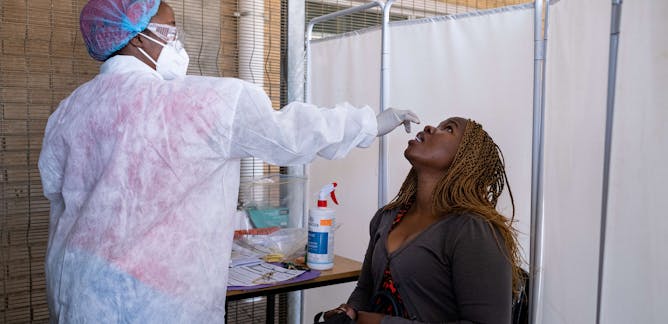
Cari van Schalkwyk, South African Centre for Epidemiological Modelling & Analysis (SACEMA) ; Harry Moultrie, National Institute for Communicable Diseases; Juliet Pulliam, South African Centre for Epidemiological Modelling & Analysis (SACEMA)
At this stage, we cannot say anything about the severity of cases with Omicron - either in primary or reinfections.
| |
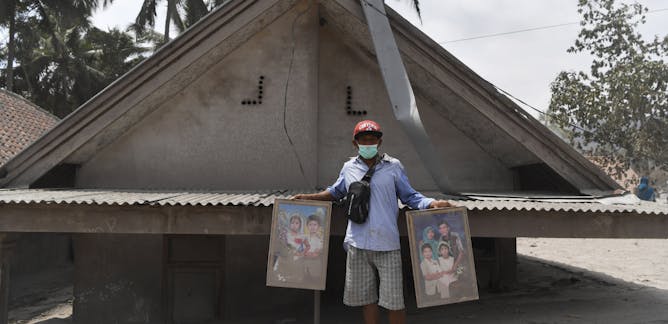
Jonatan A Lassa, Charles Darwin University
To answer this question, it’s important to understand how PVMBG of the Ministry of Energy and Mineral Resources classify the physical events of Semeru and the corresponding alert level.
|

Peggy Cunningham, Dalhousie University; Minette Drumwright, University of Texas at Austin
Research in universities and businesses experiencing persistent sexual harassment shows non-disclosure agreements can have negative effects on workers and their organizations.
| |
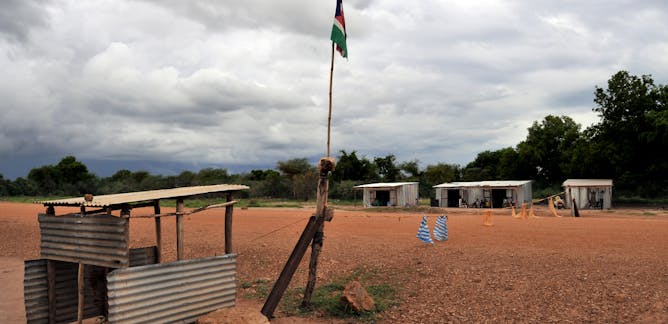
Peer Schouten, Danish Institute for International Studies
Barges transporting goods can end up paying up to US$10,000 in taxes for one trip.
|
|
|
| |
| |
| |
| |
|
|
|
|
|
|
|